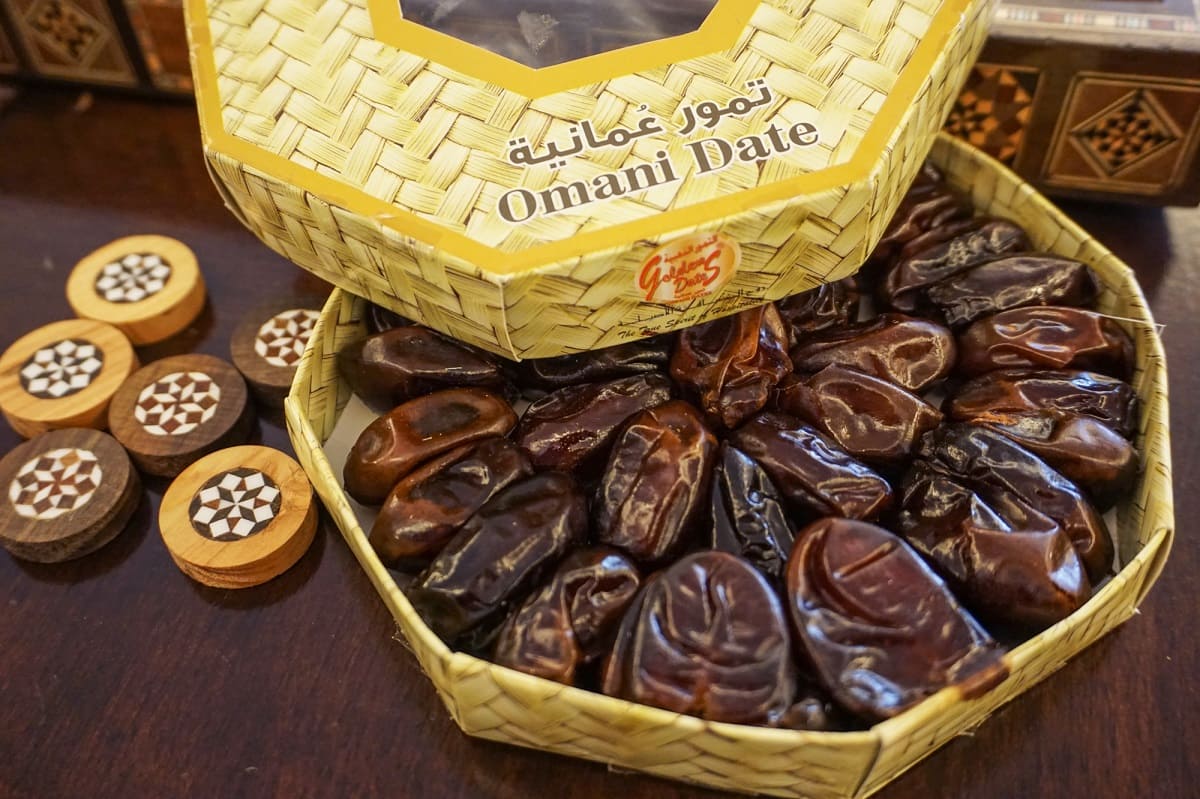

Articles
How To Store Dates Once Opened
Modified: December 7, 2023
Learn how to store dates once opened with our informative articles. Keep your dates fresh and delicious for longer.
(Many of the links in this article redirect to a specific reviewed product. Your purchase of these products through affiliate links helps to generate commission for Storables.com, at no extra cost. Learn more)
Introduction
Dates are a delicious and nutrient-rich fruit that can be enjoyed as a snack or used in a variety of recipes. However, once you open a package of dates, it’s important to store them properly to maintain their freshness and flavor.
Properly storing opened dates not only helps to prevent them from spoiling but also ensures that you can enjoy their taste and nutritional benefits for as long as possible. In this article, we will discuss the importance of storing opened dates correctly and provide you with some useful guidelines to extend their shelf life.
Whether you’re a date lover or simply want to know how to store dates once opened, this article will provide you with the information you need to keep your dates fresh and delicious.
Key Takeaways:
- Properly storing opened dates is crucial for maintaining their freshness, texture, and nutritional value. Whether refrigerating, freezing, or vacuum sealing, following best practices and regular inspection ensures extended enjoyment.
- Labeling, avoiding air exposure, and employing storage tips can help extend the shelf life of opened dates. By storing them properly and using your senses to assess their condition, you can savor their sweetness and health benefits for an extended period.
Read more: How To Store Vodka Once Opened
Importance of Properly Storing Opened Dates
Properly storing opened dates is essential for maintaining their quality and preventing them from spoiling. Here are a few reasons why it’s important to store opened dates correctly:
- Freshness: Dates are harvested when they are ripe and naturally sweet. By storing them properly, you can preserve their freshness and prevent them from becoming dry or losing their natural flavor.
- Texture: When dates are exposed to air and moisture, they can become dry and hard. Proper storage methods can help retain their soft and chewy texture, making them more enjoyable to eat.
- Nutritional Value: Dates are packed with essential vitamins, minerals, and fiber. By storing them properly, you can retain their nutritional value and ensure that you’re getting the maximum benefits from consuming them.
- Food Safety: Improperly stored dates can become a breeding ground for bacteria and mold, leading to foodborne illnesses. It is crucial to follow proper storage methods to prevent contamination and ensure the safety of the dates.
Overall, proper storage of opened dates not only helps to maintain their quality and taste but also ensures food safety and maximizes their nutritional benefits.
General Guidelines for Storing Opened Dates
When it comes to storing opened dates, there are a few general guidelines to follow to keep them fresh and tasty:
- Airtight Container: Transfer the opened dates into an airtight container or resealable bag as soon as possible. This helps to prevent air exposure and maintain their moisture levels.
- Cool and Dry Location: Store the dates in a cool, dry place away from direct sunlight and moisture. Excessive heat and humidity can cause the dates to spoil faster.
- Avoid Cross-Contamination: Keep the dates away from other strong-smelling foods as they can absorb odors easily. This ensures that the dates retain their natural taste and aroma.
- Regular Inspection: Check the dates periodically for any signs of spoilage, such as mold growth or unusual odors. If you notice any issues, discard them immediately.
Following these general guidelines will help maintain the quality and flavor of your opened dates for a longer period.
Refrigeration
Refrigeration is one of the most effective methods for storing opened dates, as it helps to prolong their shelf life and maintain their freshness. Here’s how you can refrigerate your opened dates:
- Transfer to a Sealable Container: Place the opened dates in an airtight container or resealable bag. This will prevent moisture from entering the package and keep the dates from drying out.
- Temperature: Set your refrigerator to a temperature of around 40°F (4°C) to keep the dates cool. Avoid placing them in the coldest part of the refrigerator, as this can cause them to become too cold and lose their texture.
- Location: Store the dates on a shelf or in the fruit drawer of your refrigerator, away from foods with strong odors. This will prevent cross-contamination and preserve the natural taste of the dates.
- Duration: When stored in the refrigerator, opened dates can typically last for up to 6 months. However, it is important to check them regularly for any signs of spoilage, such as mold or an off smell.
Refrigerating your opened dates is an excellent way to extend their shelf life and maintain their taste and texture. When you’re ready to enjoy them, simply take out the desired amount and let them come to room temperature for a few minutes before consuming.
Note: It’s important to mention that refrigeration is not necessary for all varieties of dates. Some varieties, such as Medjool dates, can be stored at room temperature without any issues. However, if you live in a warm and humid climate or if your home temperature exceeds 75°F (24°C), it is recommended to refrigerate them to prevent spoilage.
Freezing
Freezing is another effective method for storing opened dates, as it can significantly extend their shelf life and maintain their quality. Here’s how you can freeze your opened dates:
- Preparation: Remove the pits from the dates if they haven’t been already. This will make it easier to use the dates later on.
- Wrap Individually: Individually wrap each date in plastic wrap or place them in separate freezer-safe bags. This will prevent them from sticking together and make it easier to thaw only the amount you need.
- Seal Properly: Make sure to squeeze out any excess air from the plastic wrap or freezer bags before sealing them. This will help prevent freezer burn and maintain the quality of the dates.
- Label and Date: It’s important to label the package with the date so you can keep track of how long the dates have been frozen. This will help you maintain their freshness and use them within a reasonable timeframe.
- Freeze: Place the wrapped dates in the freezer and make sure they are arranged in a single layer, if possible. This will help them freeze faster and prevent them from sticking together.
- Duration: When stored in the freezer at 0°F (-18°C) or below, opened dates can last for up to 12 months. However, for the best quality, try to consume them within 6 months of freezing.
When you’re ready to use the frozen dates, simply remove the desired amount from the freezer and let them thaw at room temperature for about 15-30 minutes. They will become soft and ready to use in your recipes or as a delicious snack.
Freezing opened dates is a convenient way to preserve their freshness and have a supply on hand whenever you need them. Just make sure to follow the proper wrapping and labeling techniques to maintain their quality during storage.
Store opened dates in an airtight container in the refrigerator to keep them fresh. They can last for up to 6 months when stored properly.
Read more: How To Store Limoncello – Once Opened
Vacuum Sealing
Vacuum sealing is an advanced method for storing opened dates that can help prolong their shelf life by removing excess air and preventing moisture from entering the package. Here’s how you can vacuum seal your opened dates:
- Preparation: Prepare your vacuum sealer and ensure that it’s clean and in good working condition.
- Transfer to Bags: Place the opened dates into vacuum-sealable bags, making sure to spread them out in a single layer. This will ensure that they freeze evenly and retain their shape.
- Seal the Bags: Follow the manufacturer’s instructions for your vacuum sealer to seal the bags tightly. The machine will remove the air from the bags and seal them to create an airtight environment for the dates.
- Label and Date: It’s essential to label the bags with the date of packaging. This will help you keep track of the storage duration and ensure that you use the dates within a reasonable timeframe.
- Freeze: Place the sealed bags of dates in the freezer and arrange them in a way that allows for easy stacking. This will optimize freezer space and prevent the bags from becoming damaged.
- Duration: Vacuum-sealed dates can last in the freezer for up to 12 months without a significant loss in quality. However, it’s best to consume them within 6 months for the best taste and texture.
Vacuum sealing your opened dates creates an airtight barrier that helps to maintain their freshness and prevent freezer burn. When you’re ready to use the dates, simply thaw them in the refrigerator or at room temperature for a few minutes, and they will be ready to enjoy.
Note: While vacuum sealing is an effective method for long-term storage, it does require a vacuum sealer machine. If you don’t have access to a vacuum sealer, you can still use other methods like regular airtight containers or freezer bags to store your opened dates.
Using Preservatives
Preservatives can be used to extend the shelf life of opened dates by inhibiting the growth of bacteria and mold. While it is always best to consume dates in their natural form, using preservatives can be an alternative option for those who want to store their dates for an extended period. Here are a few commonly used preservatives for dates:
- Sulfur Dioxide: Sulfur dioxide is a commonly used preservative for dried fruits, including dates. It helps to prevent bacterial growth and discoloration. However, some individuals may be sensitive to sulfites, so it’s important to check for any potential allergies or sensitivities.
- Potassium Sorbate: Potassium sorbate is a natural preservative that can be used to prevent the growth of yeast, mold, and bacteria. It is often used in food products to extend their shelf life and maintain their freshness.
- Citric Acid: Citric acid is a natural preservative that can help inhibit the growth of bacteria and mold. It is commonly used in various food products as an acidity regulator and preservative.
- Ascorbic Acid (Vitamin C): Ascorbic acid is another natural preservative that can help prevent discoloration and extend the shelf life of dates. It also acts as an antioxidant, preserving the nutritional value of the fruit.
It’s important to note that the use of preservatives should be done in moderation and in accordance with recommended guidelines. Always follow the instructions provided by the manufacturer and be aware of any potential allergies or sensitivities.
If you choose to use preservatives, it’s essential to store the dates in airtight containers or bags to prevent air exposure and keep them fresh. Additionally, make sure to check the labels of the preservatives for any specific storage instructions or recommended amounts.
While using preservatives can help extend the shelf life of opened dates, it’s still advisable to consume them within a reasonable timeframe to ensure the best taste and quality. Remember to check the dates regularly for any signs of spoilage and discard them if they appear to be moldy, have an unusual odor, or show any other signs of deterioration.
Best Practices for Labeling
Properly labeling your opened dates is crucial for organization and ensuring that you use them within a reasonable timeframe. Effective labeling allows you to keep track of the storage duration and ensures that you know the contents of each package. Here are some best practices for labeling your opened dates:
- Date of Packaging: Clearly mark the date you opened the package or prepared the dates for storage. This will help you determine how long they have been stored and guide you in consuming them within an appropriate timeframe.
- Storage Method: If you are using different storage methods such as refrigeration or freezing, mention the specific method on the label. This will help you easily identify the correct storage location and follow the appropriate guidelines.
- Type or Variety: If you have different varieties of dates stored, indicate the type or variety on the label. This will help you select the specific dates you want to use for recipes or snacking based on your preferences.
- Additional Notes: Consider adding any additional notes that might be helpful, such as special instructions or information about any added preservatives. This will provide you with additional context and ensure that you handle the dates properly.
- Labels and Tags: Use labels or tags that are easy to read and attach them securely to the packaging. Make sure they are resistant to moisture and won’t easily fade or smudge over time.
By following these best practices for labeling, you can easily keep track of your opened dates and ensure that you use them efficiently. Properly labeled packages will help you avoid any confusion and maintain the quality of your dates throughout their storage duration.
Tips for Extending Shelf Life
While proper storage is essential for extending the shelf life of opened dates, there are a few additional tips and tricks you can follow to optimize their freshness and quality. Here are some valuable tips for extending the shelf life of your opened dates:
- Keep Them Dry: Moisture can cause dates to become sticky and prone to mold growth. Make sure to store your dates in a dry environment and avoid exposing them to excessive humidity.
- Avoid Exposure to Air: Oxygen can cause dates to become stale and lose their natural flavor. Store your opened dates in airtight containers or resealable bags to protect them from air exposure.
- Store Whole Dates: Whole dates tend to have a longer shelf life compared to chopped or pitted dates. If possible, buy whole dates and cut or pit them just before consuming to maximize their freshness.
- Separate Storage: If you have different varieties or flavors of opened dates, store them separately. This prevents any cross-contamination and ensures that each type maintains its unique taste and aroma.
- Avoid Temperature Fluctuations: Rapid changes in temperature can lead to moisture condensation, affecting the texture and quality of the dates. Keep your dates in a stable and cool environment to avoid fluctuations.
- Rotate Stock: If you have multiple packages of opened dates, use the “first in, first out” principle. Consume the oldest dates first to prevent them from sitting in storage for too long.
- Frequent Inspection: Regularly check your opened dates for any signs of spoilage, such as mold growth, unusual odors, or texture changes. If you notice any issues, discard the affected dates immediately to prevent potential contamination.
By employing these tips, you can extend the shelf life of your opened dates and enjoy their delicious taste and nutritional benefits for a longer period. Remember to always use your best judgment and trust your senses when determining if dates are still suitable for consumption.
Read more: How To Store Brie Once Opened
Conclusion
Properly storing opened dates is essential for maintaining their freshness, texture, and nutritional value. By following the guidelines outlined in this article, you can extend the shelf life of your dates and enjoy them for a longer period. Whether you choose to refrigerate, freeze, vacuum seal, or use preservatives, each method has its advantages and considerations.
Refrigeration is a simple and effective method for storing opened dates, keeping them cool and preventing them from drying out. Freezing allows you to preserve dates for an extended period, while vacuum sealing provides an airtight environment that helps maintain their freshness. Using preservatives can be an option to inhibit spoilage, and proper labeling allows for better organization and tracking.
Regardless of the storage method you choose, it’s important to regularly inspect the dates for any signs of spoilage and consume them within a reasonable timeframe. Remember to store them in airtight containers, away from moisture and strong odors, to protect their quality.
By implementing the tips and best practices shared in this article, you can enjoy the delicious taste and health benefits of opened dates for an extended period. So, stock up on dates, learn how to store them properly, and savor their sweetness and nutritional value whenever you desire.
Remember, whether you enjoy dates as a snack or use them in your favorite recipes, the key is to store them properly so that they maintain their freshness and deliciousness for as long as possible. So go ahead, store those opened dates with care, and keep enjoying their delightful flavors!
Frequently Asked Questions about How To Store Dates Once Opened
Was this page helpful?
At Storables.com, we guarantee accurate and reliable information. Our content, validated by Expert Board Contributors, is crafted following stringent Editorial Policies. We're committed to providing you with well-researched, expert-backed insights for all your informational needs.

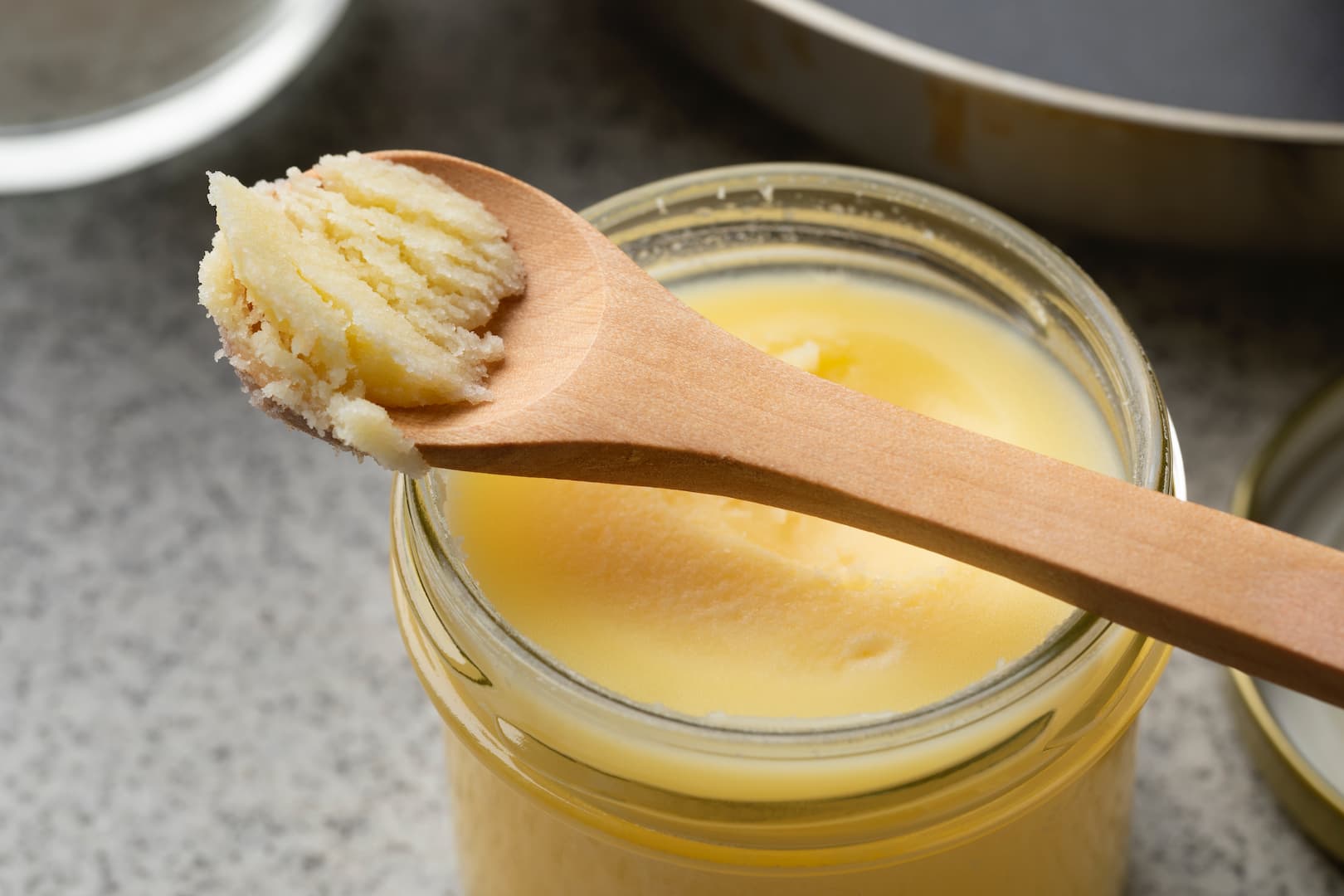

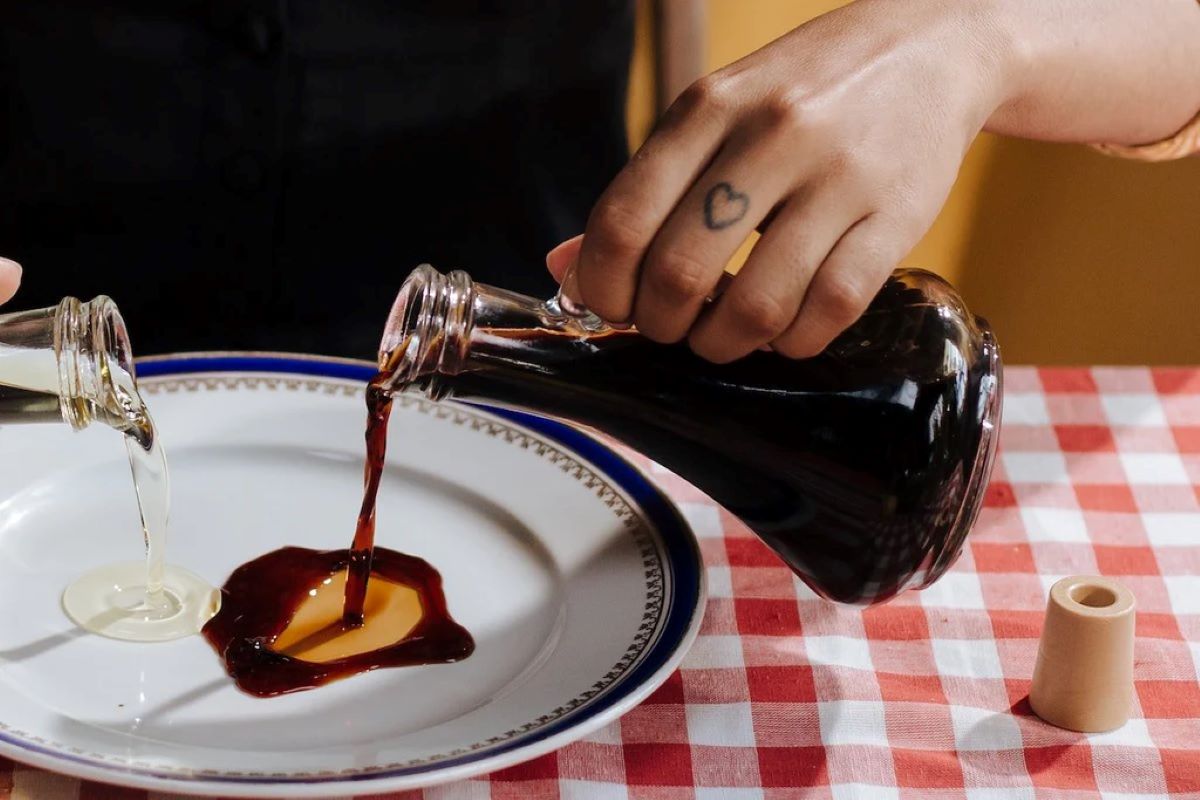

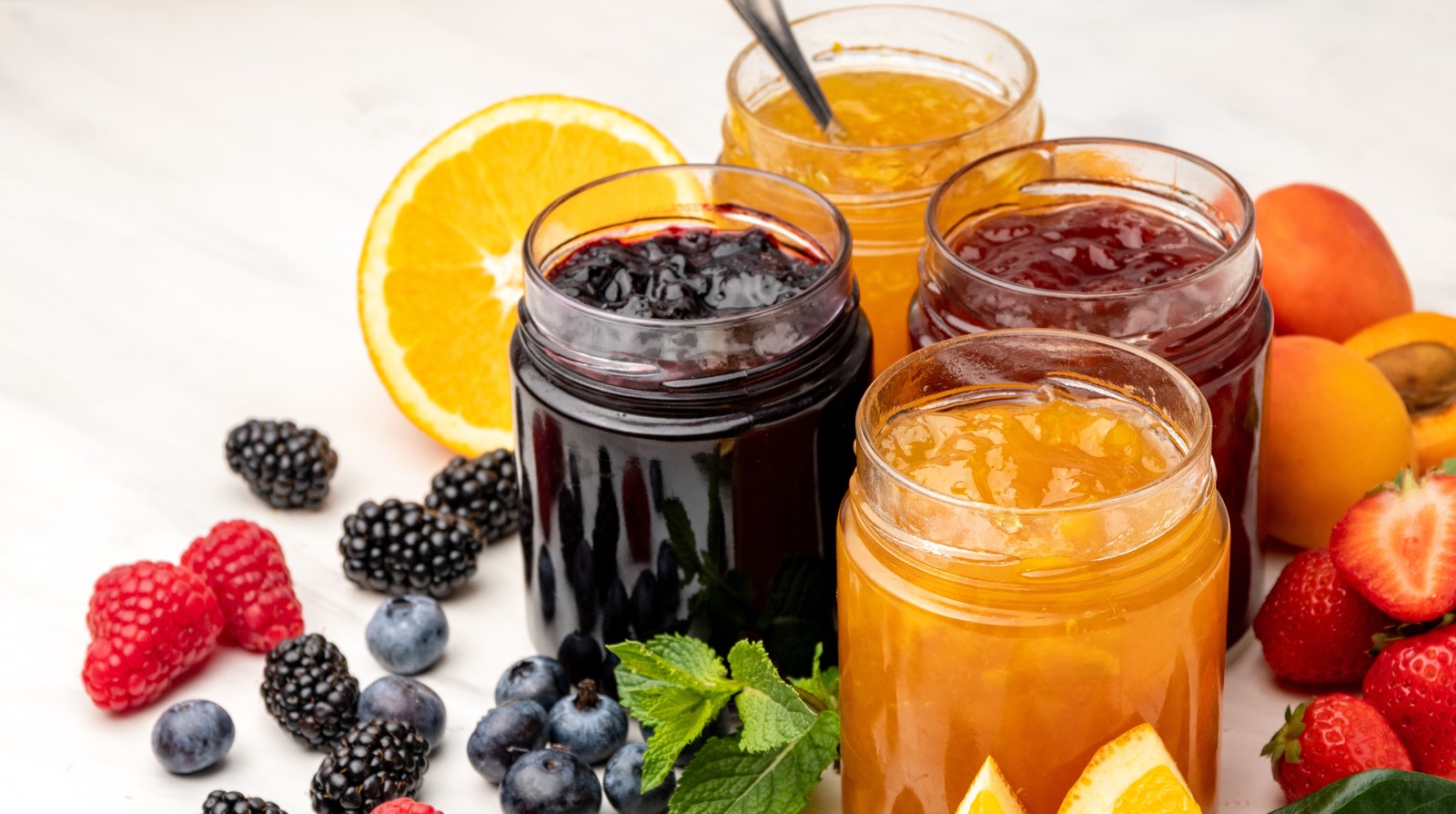
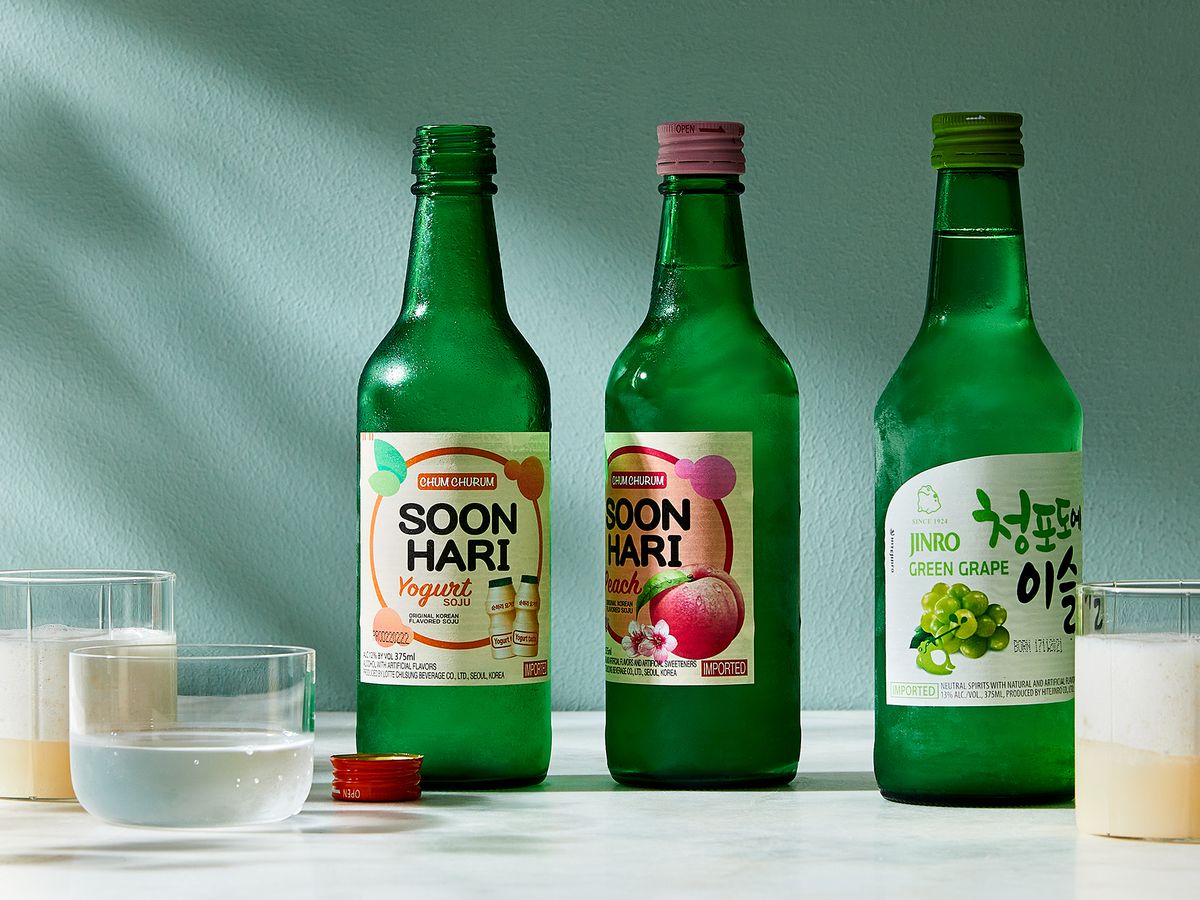
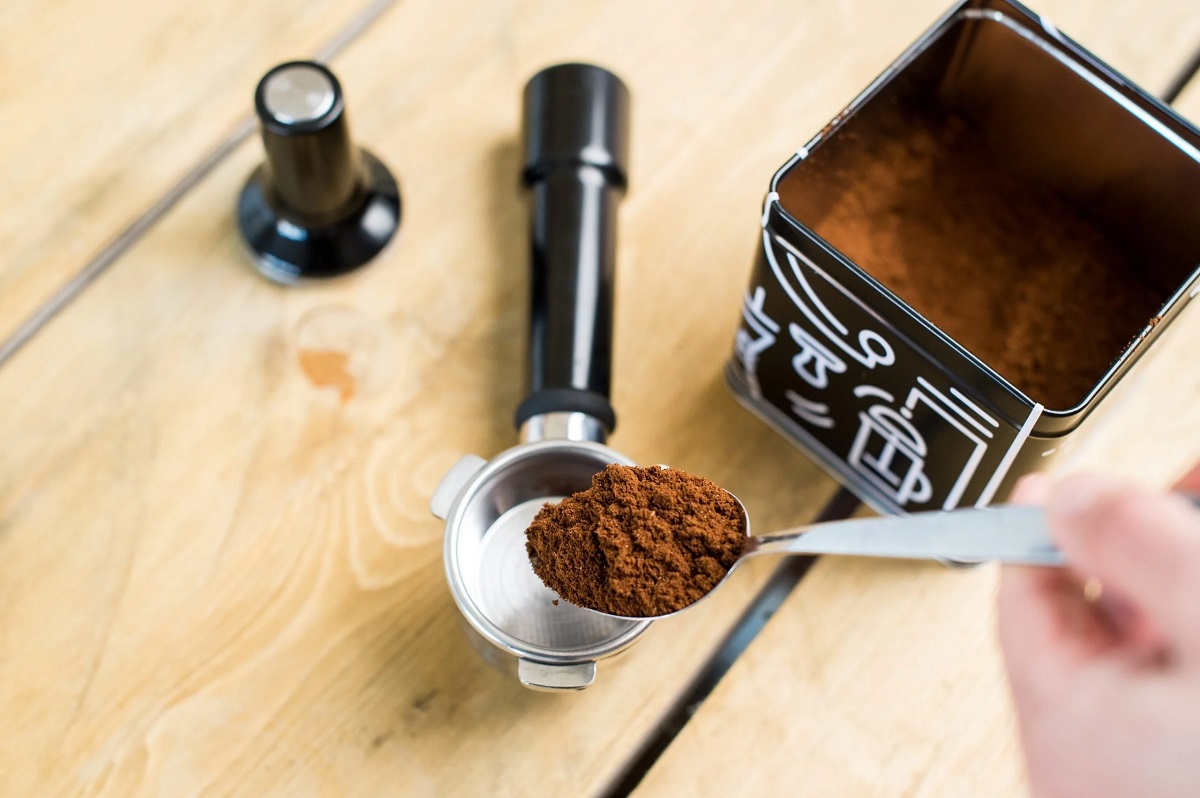
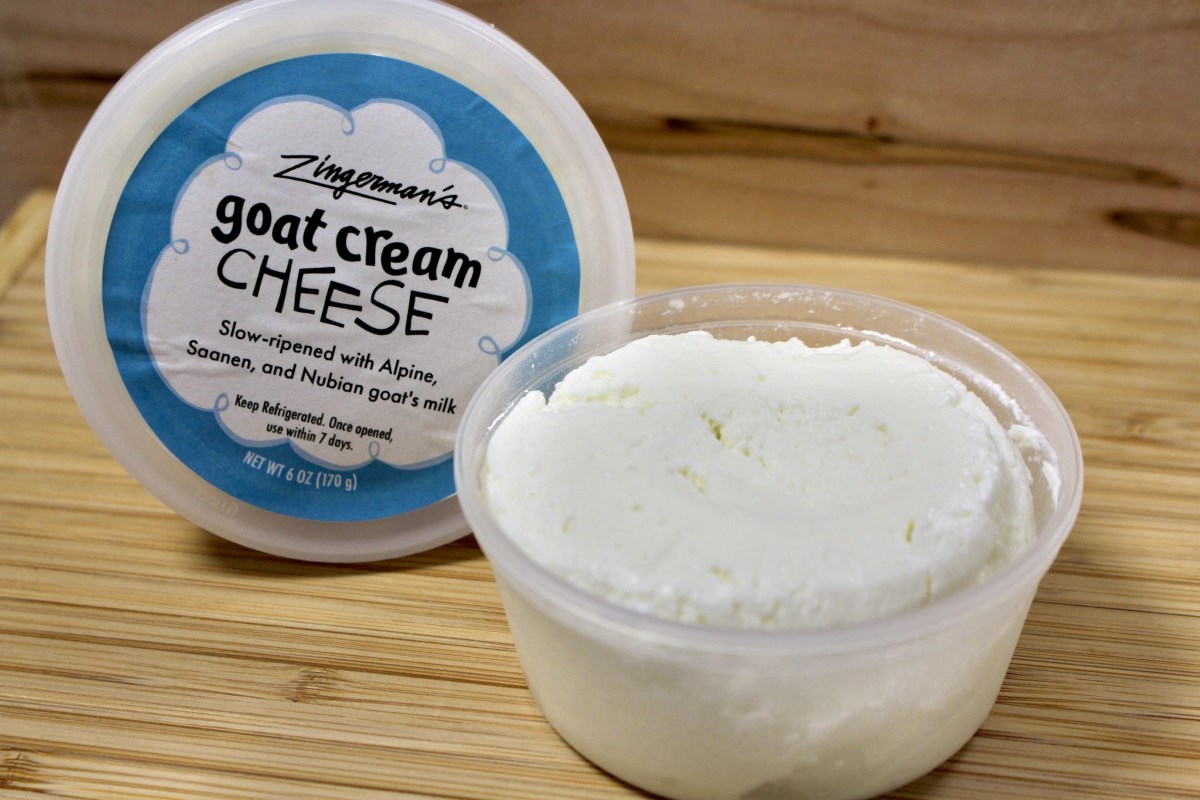
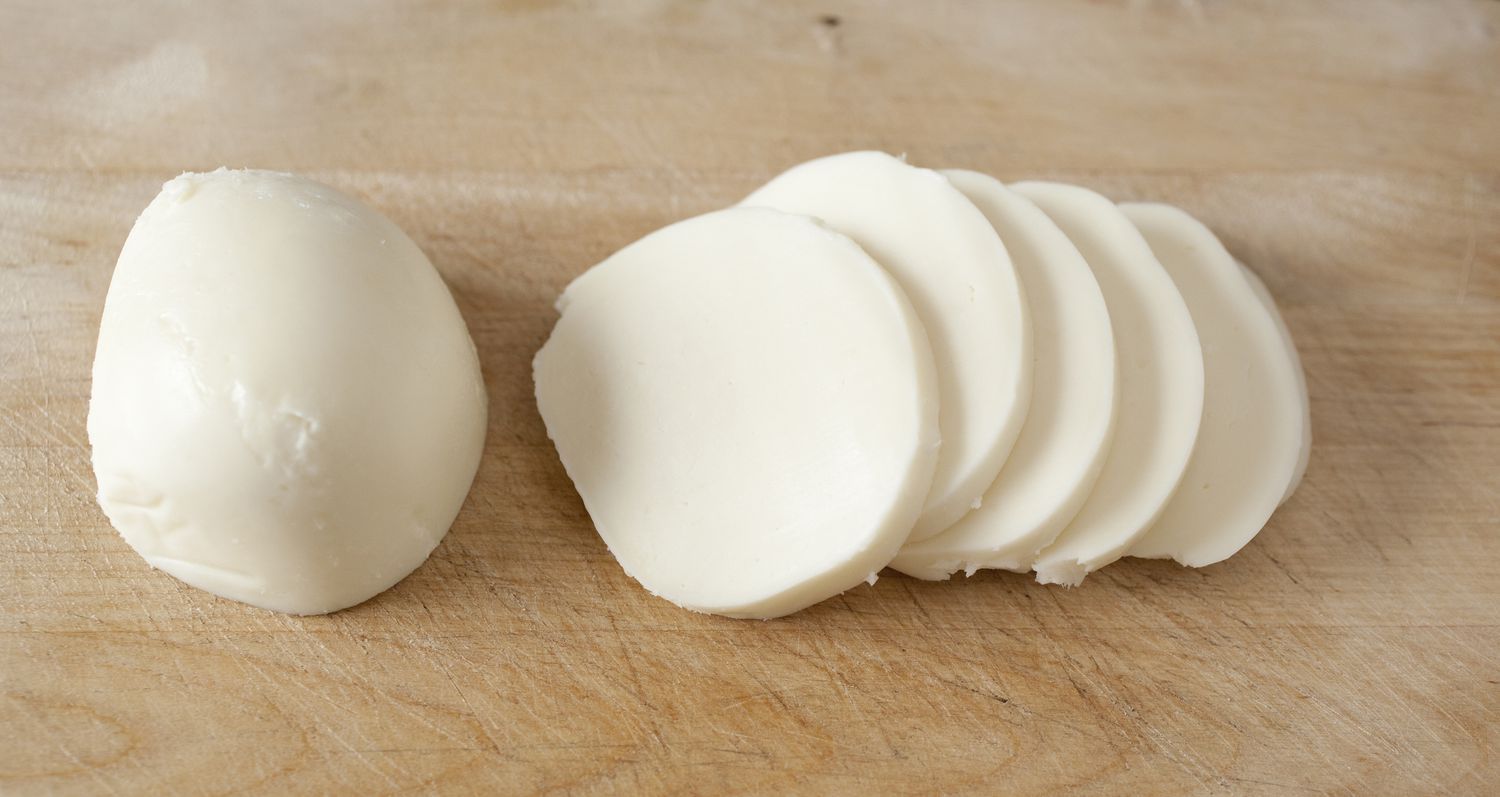
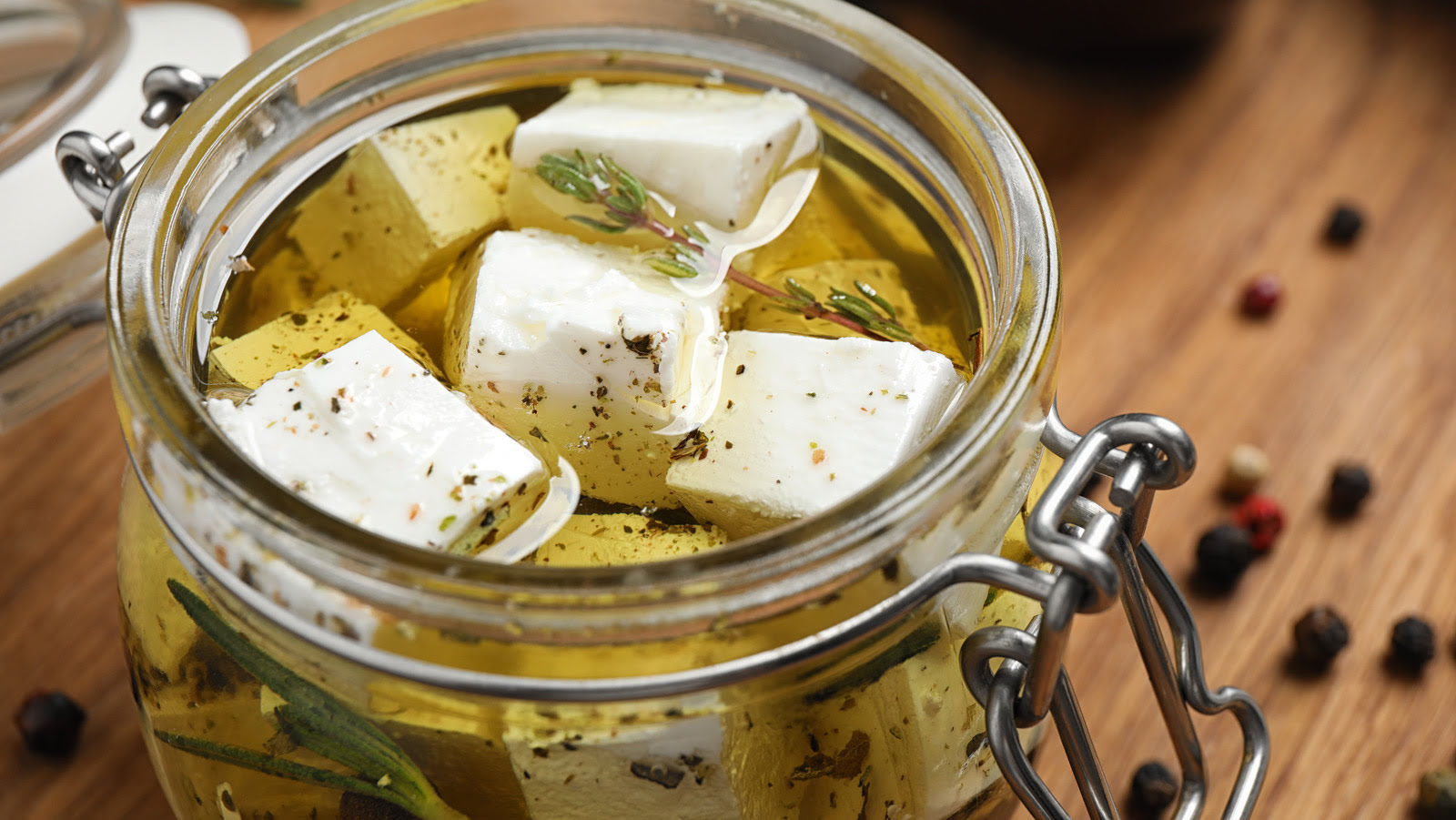
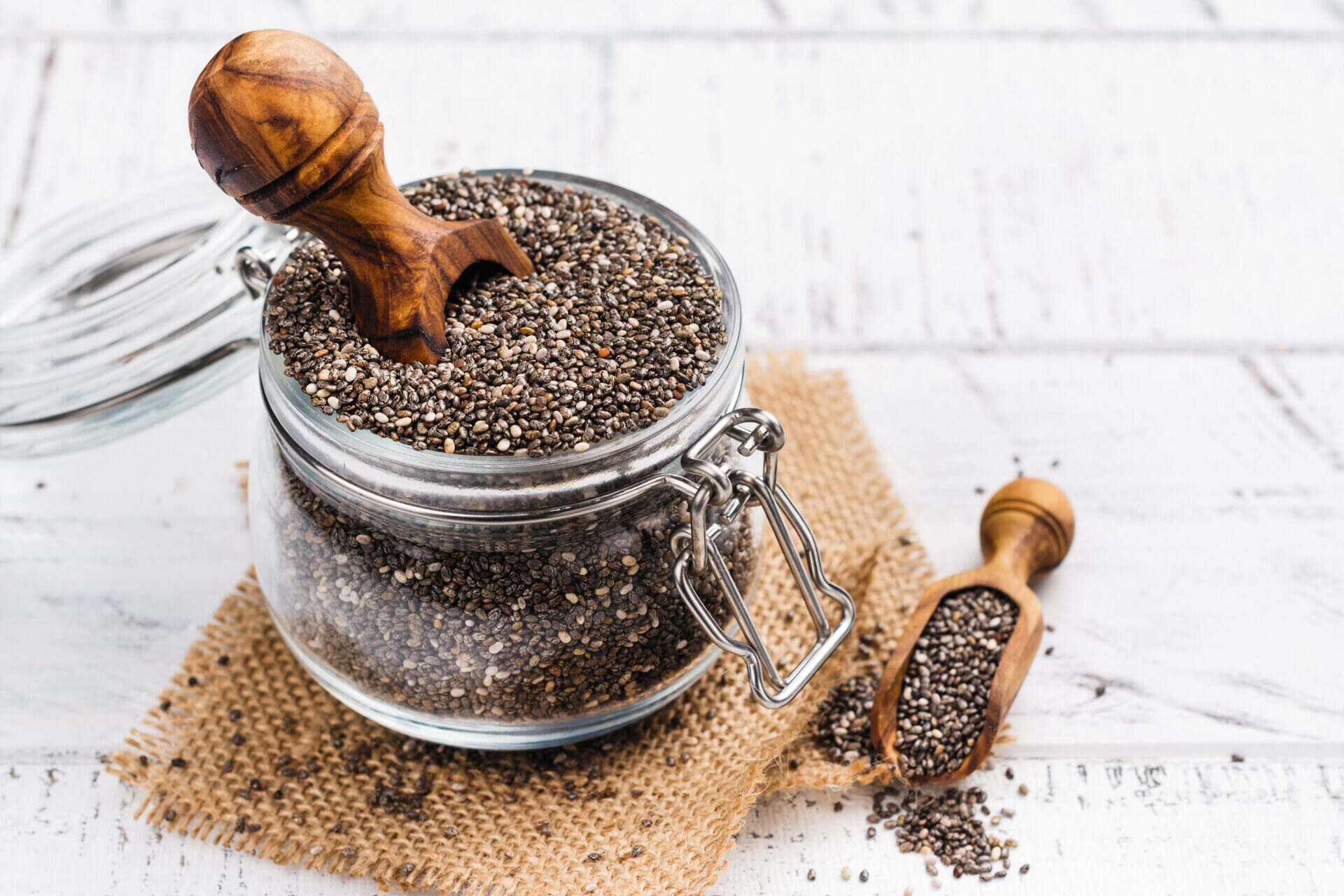
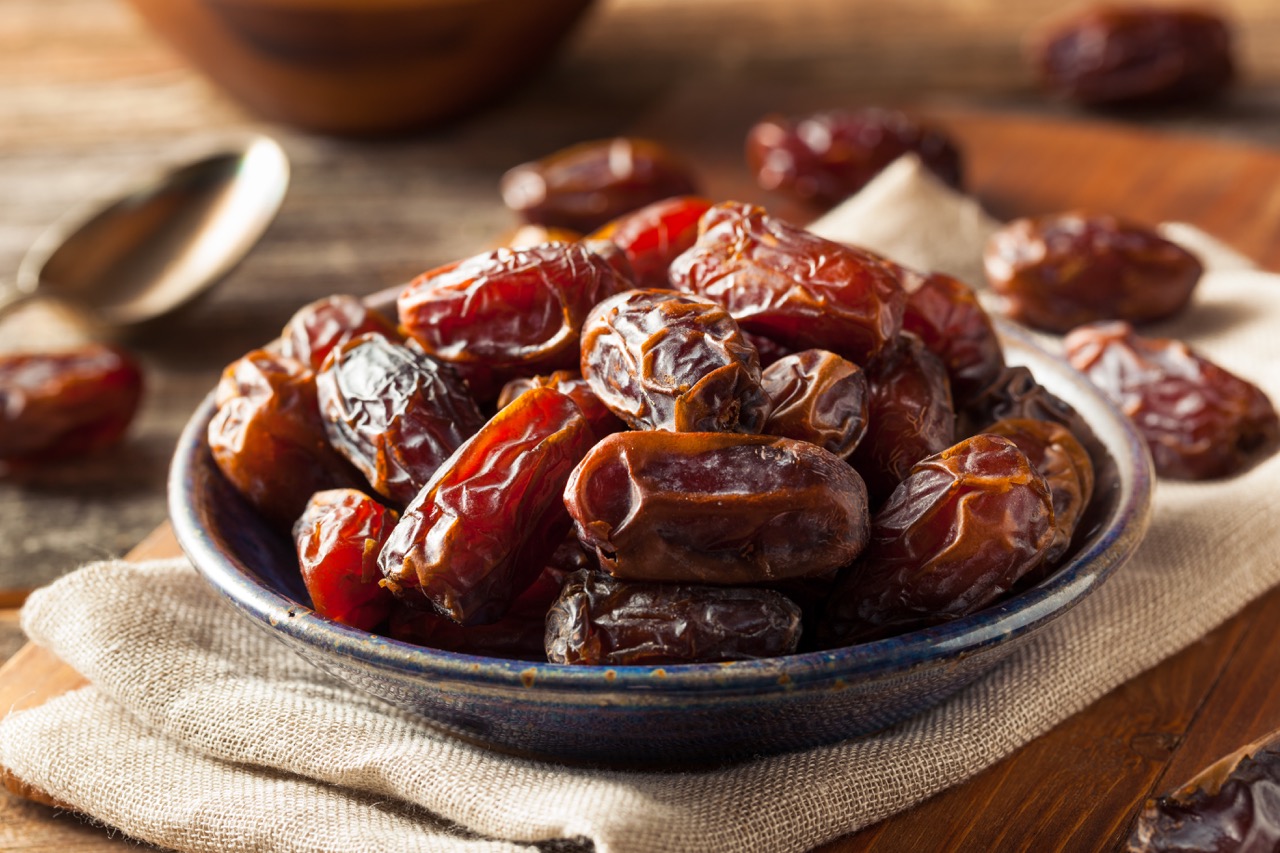

0 thoughts on “How To Store Dates Once Opened”